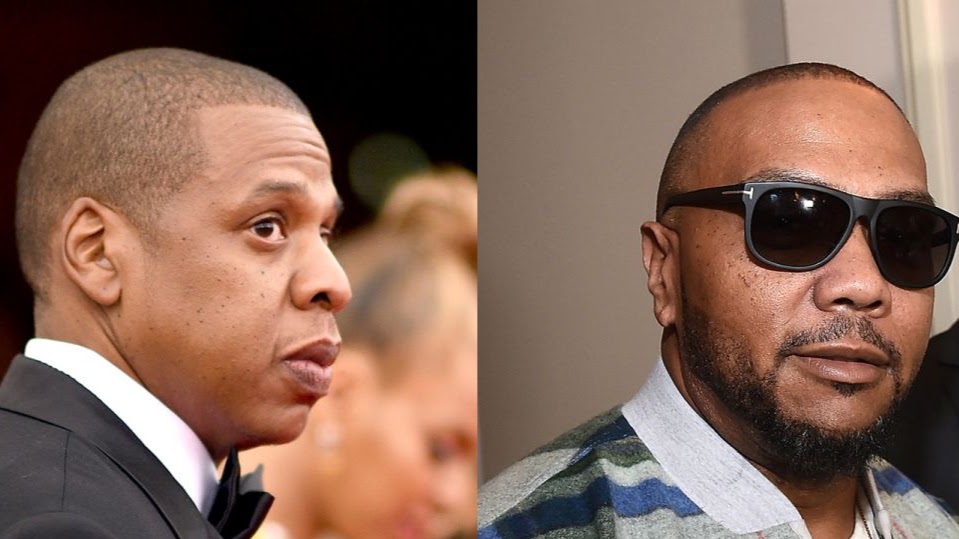by Usman Shaikh
The issue of intellectual property infringement has always been prevalent in the entertainment industry. Rap moguls Jay-Z and Timbaland were the latest celebrity artists facing allegations of intellectual property infringement in connection with their 90’s hit Big Pimpin’.
In trial, Jay-Z and producer Tim “Timbaland” Mosley faced charges of international copyright infringement as set forth by Osama Fahmy, nephew of late Egyptian composer Baligh Hamdi who wrote Khosara Khosara, the song in question that Fahmy claimed was improperly licensed for Big Pimpin’.
Under Egyptian intellectual property law, rights to creative works fall under “economic rights” and “moral rights.” Economic rights are licensable to others and allow recording artists to reproduce copyrighted works. Moral rights, which are non-transferable, grant the author rights to grant or reject permission to their original works. Fahmy asserted that regardless of whether Jay-Z and Timbaland obtained economic rights to his uncle’s track, they were never granted moral rights to edit Khosara Khosara’s beat into the intro for Big Pimpin’. For over nearly a decade, Fahmy had been arguing Jay-Z infringed Egyptian copyright laws by not obtaining economic rights to the track from EMI Arabia, who acquired them form Sout El Phan, who sequentially obtained them from Hamdi’s heirs.
The Hamdi heirs stated Sout El Phan never had their permission to license Khosara Khosora to EMI Arabia and, therefore, Jay-Z and Timbaland were not authorized to utilize the track in Big Pimpin’. However, attorneys for EMI Arabia argued that their own deal with Sout El Phan ratified usage for the track anywhere outside of Egypt.
Consequently, this trial, which included testimonies by Universal Music Group, Paramount and MTV, set precedent to exactly how international copyright law in similar matters will be handled here in the U.S.
In October 2015, U.S Federal District Judge Christina A. Snyder ruled that Fahmy had no right to pursue his claim. Her reasoning focused on Jay-Z and Timbaland paying $100,000 for fair use of Khosara Khosora, the flute melody of which is included in Big Pimpin’s intro to be played anywhere but in Egypt, which they abided by. Thus, the case was dismissed.
This case illustrates some of the complexities involved with intellectual property laws, specifically involving copyrights, both in the U.S. and abroad. Any artist looking to use the creative work of another, even if just sampling a hook on a song, should seek the expert advice of an intellectual property attorney.
U.S. Law Group specializes in helping creative talent and professionals in the entertainment industry navigate through such complexities to protect themselves from allegations of infringement or to enforce their intellectual property rights against others when threatened with infringement. To learn more about U.S. Law Group’s Intellectual Property Practice Area, please visit our site. Content in this article should not be considered legal advice.

